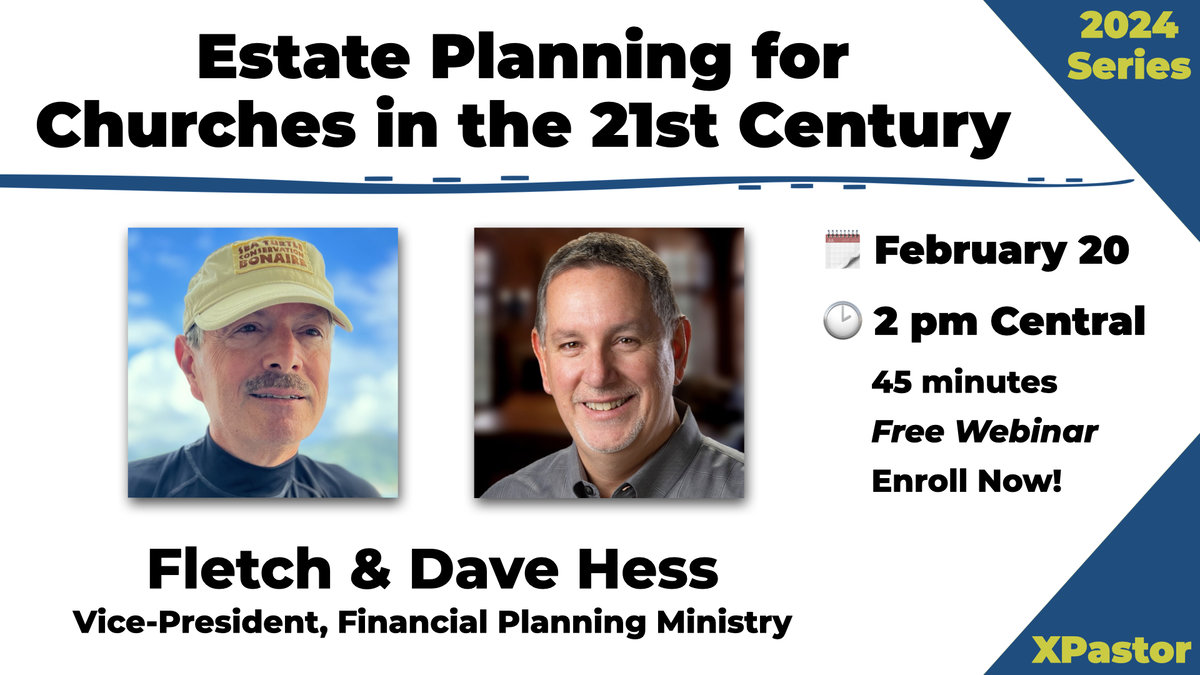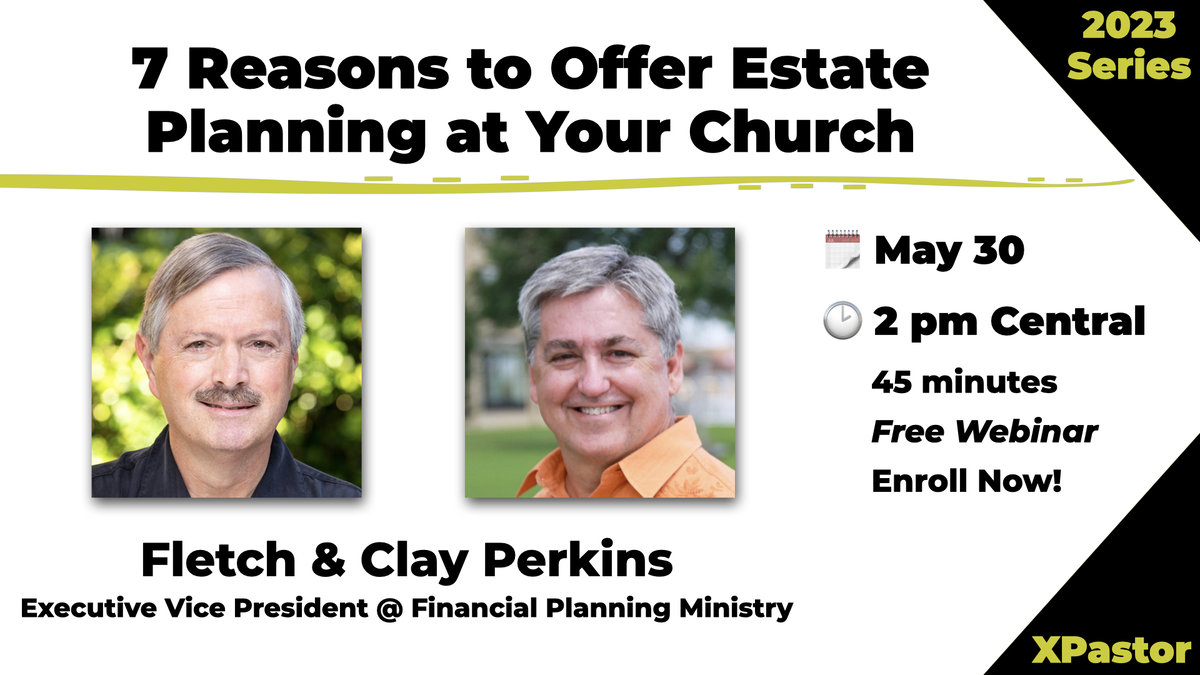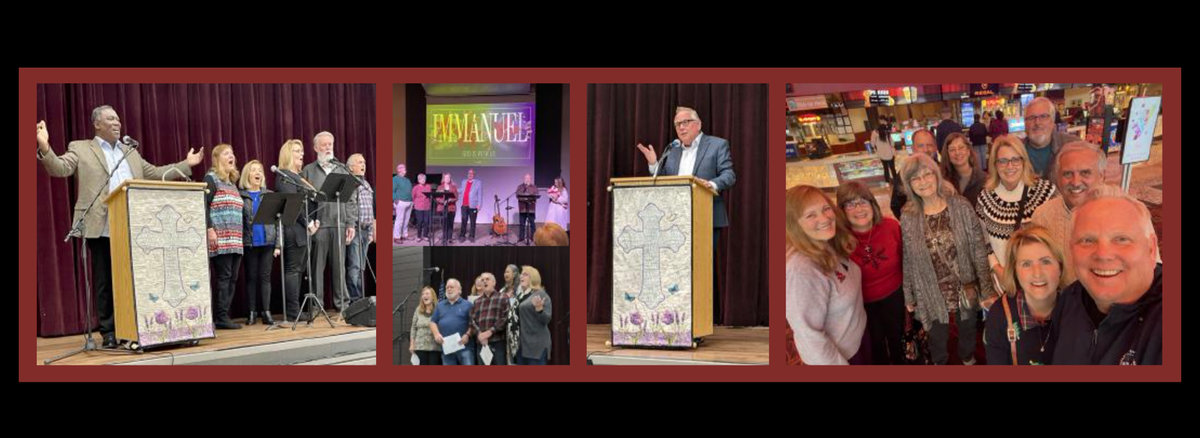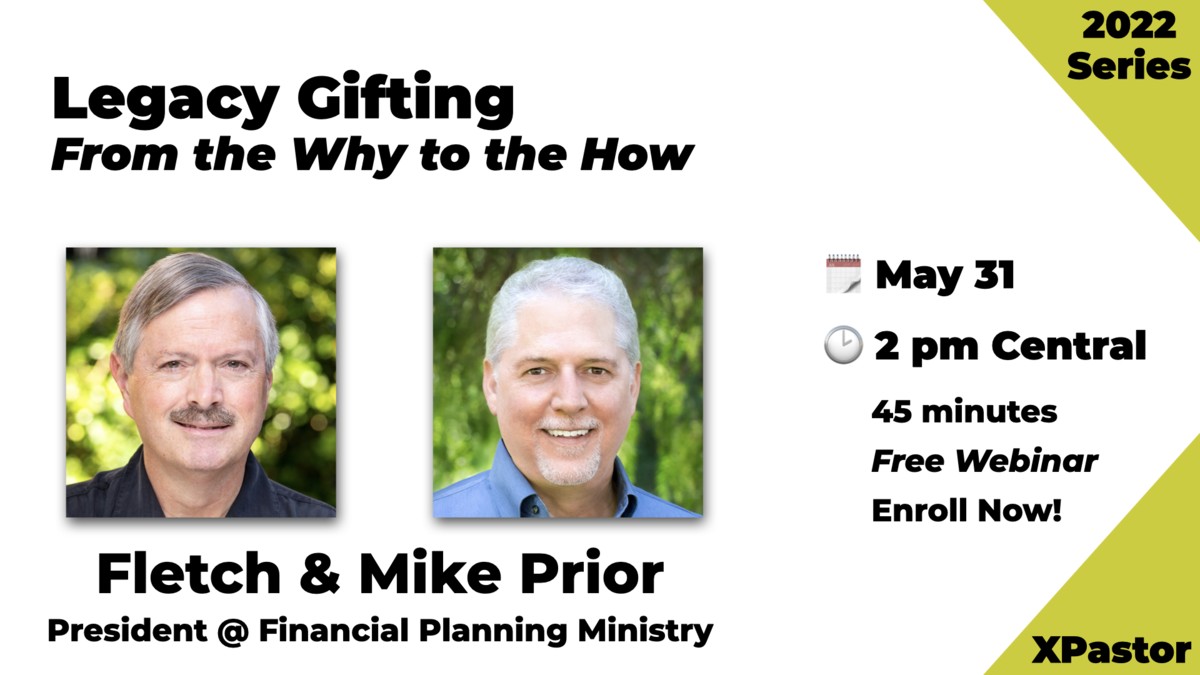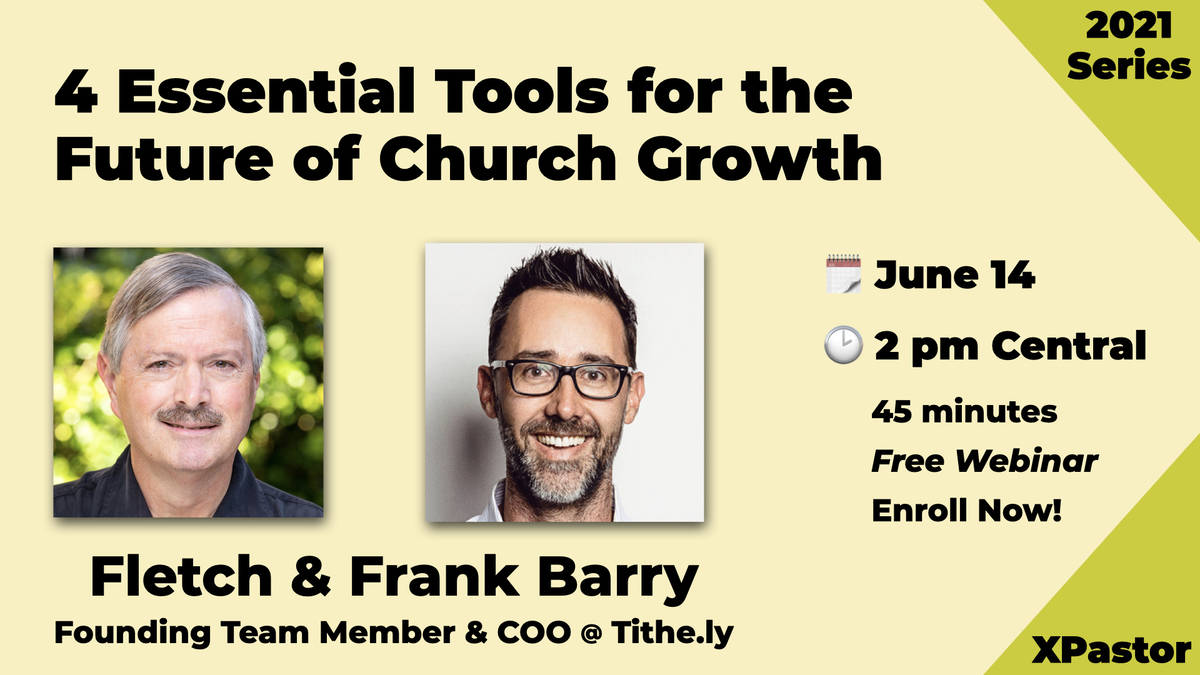Can a capital campaign in a church cause a spiritual revival? Absolutely! I know from first-hand experience. When I was 25 years old and went through my first capital campaign, it transformed my life, my wife’s life and our marriage. That first campaign ultimately led me to Generis, where I have been helping churches work on their capital campaigns for the past eighteen years.
So, how can you have a spiritual revival in the lives of your congregation in your next capital campaign? Do the groundwork to obtain maximum buy-in for the project before the campaign begins. For spiritual revival in your church, do the heavy lifting before you start sharing the plans with the congregation.
Unfortunately, capital campaigns do not always yield the spiritual and financial results the leaders desire. There are multiple reasons for this but one common and consistent thread I have witnessed over the years is the lack of communication. There was not enough discussion, Q&A, and information shared about the project before the vote was called for to approve proceeding with the capital campaign.
There certainly is no guarantee, but there are definite steps to take to maximize the possibility:
1. Go slowly
Leaders must remember: 99% of the congregation has no clue about the project when you are ready to reveal and ask them to vote on it.
- The “Master Planning Team” has been working on this project for eighteen months to three years. Hours and hours of conversations have taken place with architects, builders, key lay leaders and staff. The team has been living, breathing and sleeping the project for months—but that small group are the only ones in the church who have that type of knowledge.
- I often see when the church is about to vote to move forward with the project, 99%+ of the people are where you were two years ago when you began the project discussion. Go slowly! Patience is a must!
2. Communicate
The vote on the project will change the church forever, positively or negatively. The effort leading up to the vote deserves your best effort. The congregation needs to hear an initial presentation followed by at least one Q&A and then the vote.
- When planning the Q&A sessions, the town hall meeting(s) and the congregational vote, use every media outlet available to you to distribute the message. Worship, video, website, email, newsletter, letter, Facebook, Twitter, carrier pigeon, etc.
- Send out a formal invitation to the town hall meeting/presentation and include drawings and other pertinent information that would be helpful. Allow your people to digest the information prior to coming to the presentation. Be sure to include an FAQ.
- Schedule at least one Q&A after the initial presentation. I encourage you to not have the Q&A at the end of the initial presentation; the congregation will not be ready. Let them take the information, digest it, talk about it and pray about it prior to coming to the Q&A (note: having the initial presentation and the Q&A separately is a step that is almost always erroneously skipped).
3. Go back to #2
Lather, rinse, repeat. Tell them what you have already told them.
- Work really, really hard before any town hall meeting or small gathering for Q&A. You want to answer as many questions as possible—and as thoroughly as possible—before placing leaders in front fielding questions.
- You will need to communicate thoroughly again after the town hall and before the congregational meeting. You can radically cut down on questions if you use every possible communication channel available.
4. Work the calendar
Schedule the town hall meetings and congregational vote at times that are convenient for people.
- Pay as much attention to scheduling these meetings as you would any other significant event in the church. Be sure to check the school calendars and other key events (college and pro sport games, for instance) to ensure the best possible attendance. Offer multiple dates, times and venues.
- Make sure there is food and childcare available. You want people to attend, right?
- Send invitations well in advance and multiple times via all communication channels.
5. Leverage the worship hour
Churches have a unique advantage over any other non-profit; churches see 70% of their constituency 52 times a year … and they voluntarily come to you!
- Many are hesitant to utilize the worship hour for announcements; you should be very choosy.
- A campus expansion or renovation that will cost millions of dollars is important enough to use ten minutes for a few Sundays to help communicate what you are planning to do, why you are doing it and why now is the right time. As the vote date draws near, be sure to leverage the worship hour for final vision casting and communicating common themes which arose during the previous weeks’ discussions.
- Show the people you are paying attention. Utilize the worship time for this type of communication; you have everyone’s undivided attention for one hour.
You may ask, “How do these pragmatic steps before Commitment Sunday help increase the chances of a spiritual revival in my church?” The answer is inherently simple. If you do all the intellectual heavy lifting early in the process, the people of the church are freed up to focus on the spiritual aspect of living a generous life.
Many times I have seen churches, two weeks away from Commitment Sunday, still answering questions about the project rather than discussing the spiritual implications of a financial commitment. During those weeks, you need your people praying. You need them talking in their homes about how they can trust God to honor the sacrificial commitment they are about to make—a commitment that will cause them to change the way they live in order to honor God.
That first campaign that transformed my life did so by opening my eyes to how God feels about money. He wants us to give Him control of our finances and trust that He will provide. I had heard that concept before—but this time was different. The capital campaign called for a commitment from Pam and me, so we talked about giving for the first time in our young marriage. We began to realize we had the same thoughts and fears. I was a high school teacher and my salary was more than hers (just for context). We had student loans, two car payments and a new house—we weren’t exactly rolling in extra money. However, we realized that all of the gifts and talents we possessed had been given to us by God. As the campaign moved closer to Commitment Sunday, our question shifted from “Can we make a three-year financial commitment over and above our regular giving?” to “How can we sacrifice so we can make our commitment larger?” How incredible would that transformation be for every family in your church?
Leaders of a church certainly cannot control the outcome of a capital campaign, financially or spiritually. However, I know from my experience that leaders can remove all hurdles and obstacles that often get in the way when people are making decisions regarding their financial commitment to the campaign. Removing the barriers is a huge part of my job as a consultant—and yours as a leader in the process. Start early, communicate often and pray like crazy!


